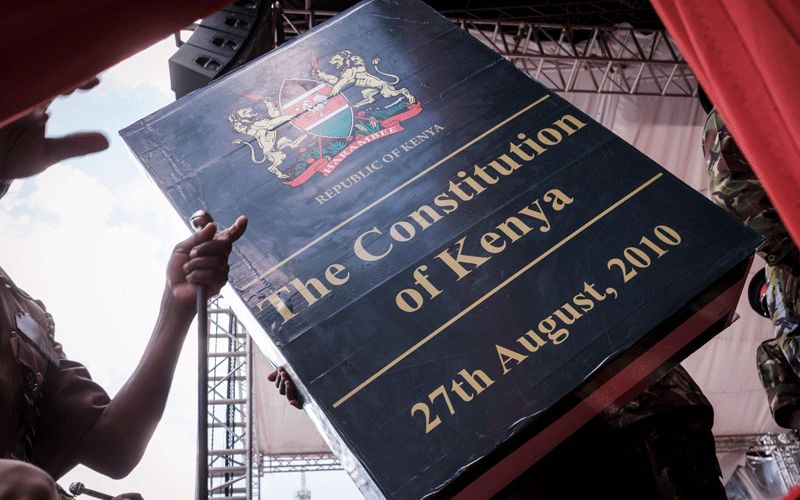Nairobi, 27 August, 2020 / 10:46 pm (ACI Africa).
On the tenth anniversary of the promulgation of the Kenyan Constitution marked August 27, religious leaders in the East African country have identified gaps in the implementation of the document, and are now calling on various stakeholders to work towards “faithful and transformative implementation.”
In a 20-page Scorecard report issued Wednesday, August 26, representatives of religious leaders under the auspices of the Dialogue Reference Group (DRG) provide an assessment of the 17 chapters of Kenya’s Constitution, which was promulgated on August 27, 2010 having been approved by 67 percent of Kenyan voters.
One of the gaps that the DRG members have identified in the constitution is that “the State has made efforts to implement the Constitution in form but has failed to implement it in substance in order to honor the spirit and essence of the very Constitution.”
They explain, “Whereas many institutions have been set up, laws have been enacted, policies have been adopted, and county governments have been established, most of these institutions and structures have not aligned to the constitution.”
That “the culture of constitutionalism has not yet taken root” is another gap the members of the entity that brings together Kenya’s religious bodies have identified, noting that efforts to achieve the envisaged new constitutional dispensation are inhibited by “vested interests.”








